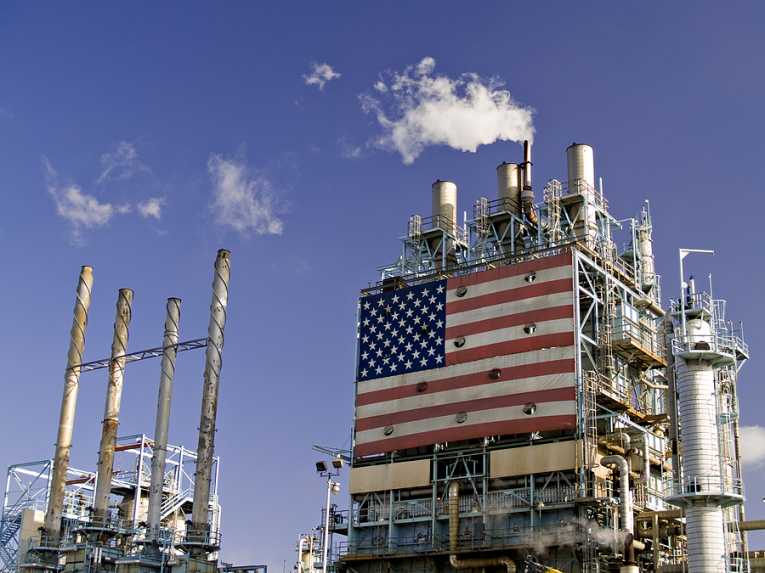A train wreck of a bill, the Transparency in Regulatory Analysis of Impacts on the Nation act, might better be named the Freedom to Pollute act. The bill, passed by the U.S. House of Representatives, would require the EPA to consider the economic effects of its regulations on industries polluting the environment and block new regulations on air and mercury pollution from power plants.
Proponents of the bill claim it will help to create much needed jobs. However, environmental advocates believe clean energy represents a more promising and sustainable source of jobs. Moreover, poor health due to poor air quality poses a threat to the economy, so even business wouldn't benefit from the TRAIN act.
A February 2011 study by the Political Economy Research Institute of the University of Massachusetts shows that meeting the EPA's new clean air standards will create close to 300,000 jobs per year for five years. This will hold true even for fossil-fuel dependent states like Ohio and Pennsylvania, say the researchers, Undoubtedly this will save countless lives in the process.
Pollution already affects at least 80 million people in the U.S. who live in areas that fall short of U.S. air quality standards, says the World Resources Institute (WRI). As the WRI says, tallying the effects of air pollution is difficult. However, air pollution inarguably poses a particular threat to children as well as elderly people, probably playing a significant role in the sharp rise in childhood asthma. Air pollution also leads to numerous life-threatening conditions such as bronchitis, lung cancer, and even heart disease. Mortality rates rise 17 to 26 percent in U.S. cities with the poorest air quality, when compared with the cleanest, says the WRI.
It's tough for people to show up for work when they're plagued with illness, facing life-threatening conditions, or watching their children suffer chronic coughing. The U.S. would undoubtedly incur an exhorbitant rise in health care costs, too, as pollution continued to threaten more people's health and lives. In short, the economy would likely suffer rather than benefit from the legislation. Only the higher-ups of industries responsible for the pollution would benefit.
The House Energy and Commerce Committee has made false claims that certain environmental agencies support the bill. These agencies include groups that are clearly opposed to the bill, such as Clean Air Watch and Clean Air Citizen. "There is no way we would sign a letter in support of the TRAIN Act," said the Clean Air Task Force's communications director Stuart Ross, as quoted in The Hill. An hour and forty minutes after dispersing its press release, after much surprise and outrage, the House committee narrowed its list of "supporters" from 108 to 53.
John Walke of the Natural Resources Defense Council calls the TRAIN Act "The worst air pollution bill ever to reach the house floor."
The bill is unlikely to pass the Senate, but President Obama has threatened to veto it if it does.
Top Image Credit: © Dmytro Bershadskyy










